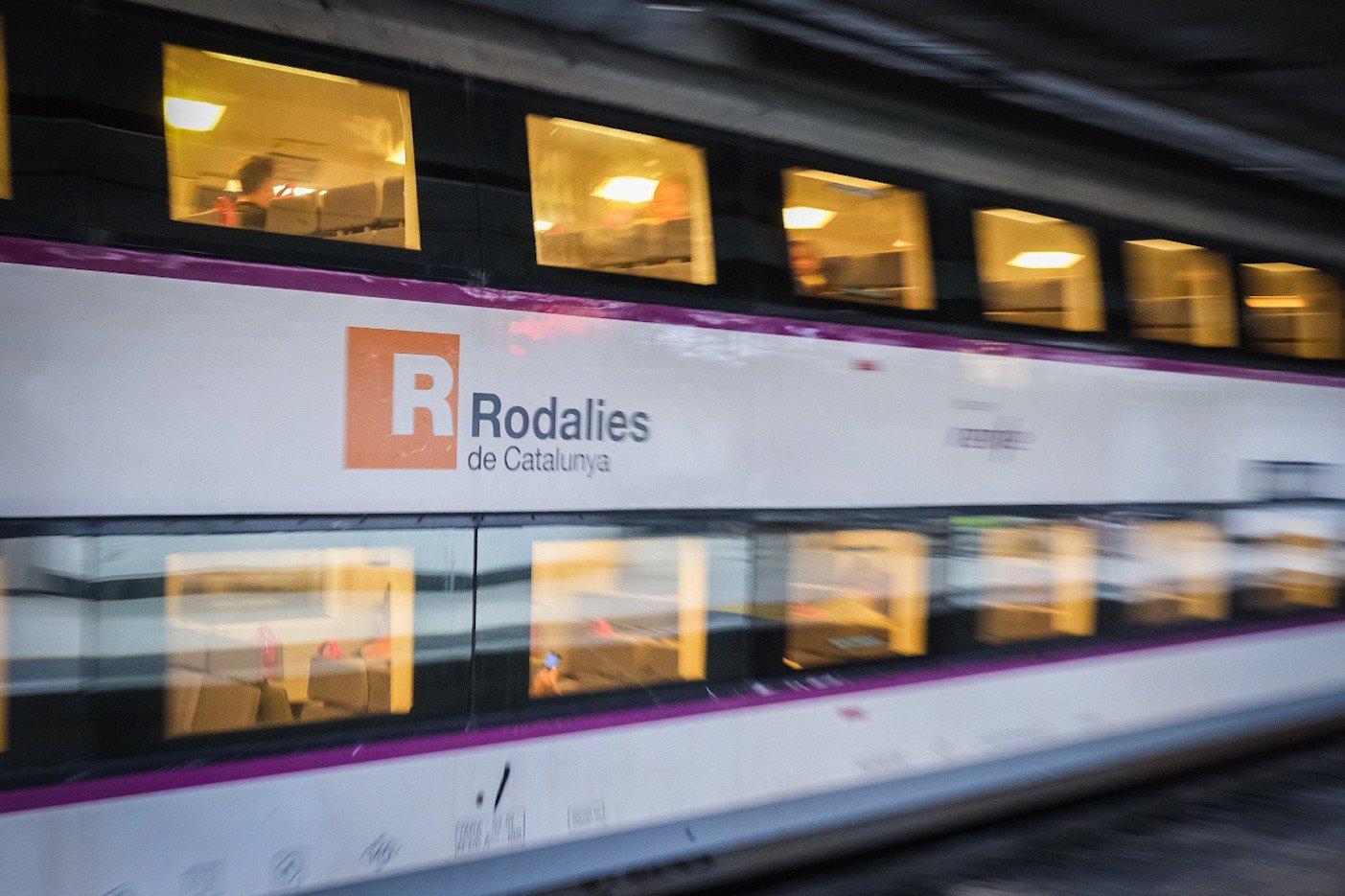The agreement on the transfer to Catalan hands of the Rodalies commuter rail service, announced this Thursday between the Republican Left (ERC) and the Socialists (PSOE) as part of the deal to allow Pedro Sánchez to form a new government, will not be a simple handover, but rather will mean the opening of a negotiation process which will practically require the transfer's terms to be decided "track by track, station by station", as Catalan government sources put it, shortly after the agreement became public. In general terms, the agreement has three main elements: the economic aspects, the provision of services and the ownership of the railway infrastructure, but in order to achieve the political objective of achieving " that Renfe will no longer be operating the Rodalies service" it will be necessary to begin a new and probably long phase of negotiation with the Spanish state, to define the final scope of a transfer that is intended to be "complete and comprehensive" but which will also have to broach many details that have yet to be defined.
For this reason, even though the wording of the agreement is very specific in some aspects, such as the plan to carry out the transfer by replacing the Spanish rail operator Renfe with a new company, Rodalies de Catalunya, in which the Generalitat of Catalonia and the Spanish state will have equal stakes, but with the balance tipped in favour of Catalan interests, through their appointment of the president, who will have a casting vote. Nevertheless, it is also expected that agreements considered strategic will need a supermajority: that is to say, although the Catalan government will have decision-making capacity, it will also have to seek consensus, at least with regard to large projects. And for the fine print there will be no other choice but to negotiate in detail.
R1, R2 and R3, the "minimums"
As an example, and with regard to the issue of the infrastructure, the agreement specifies that the Spanish transport ministry "will transfer to the Catalan government the ownership of the railway infrastructure in which the services provided are exclusively owned by the Generalitat ”, setting out that this will include “at least” the R1 Rodalies lines in the Maresme, the R3 lines connecting Papiol-l'Hospitalet-Vic-Puigcerdà and the R2 line to Sant Vicenç de Calders. Catalan government sources have insisted on defining these three lines as the "minimum", but have not ruled out that others could be transferred, reiterating that all this will have to be the subject of a detailed negotiation.
Moreover, there is no clear calendar: all that exists is a start date that coincides with the new legislature - once Sánchez is voted in as Spanish prime minister - and the hope of being able to develop the accord over the next four years. In fact, as soon as the agreement was announced, reluctance and doubts arose about how everything would be substantiated. The positioning of trade unions will also be relevant to this situation, since they have already shown their concern for the future of the current Renfe and Adif workers, in addition to warning of the risk of privatization of the service, an intention that the Catalan government has denied, citing its public management of Ferrocarrils de la Generalitat de Catalunya (FGC) as an example of a contrary policy.
What does seem clear is that the management of the service by Renfe will disappear into the hands of the new company Rodalies de Catalunya, but for this transfer to be, as the Generalitat wants, "complete and comprehensive" something more than a change of name will be needed. This is why the transfer of infrastructure is so important: it is the real workhorse of the agreement, since the service, in fact, had already been transferred, although with Renfe as operator and without control of incidents by the Catalan government: "Until now we have not had the capacity to monitor incidents beyond the willingness of the operator to communicate them to us".
"Without infrastructure there is no transfer"
"Without infrastructure there is no transfer", stress the same sources, admitting that a long period of negotiations is now opening up. And with regard to that, at the moment, not much can be specified other than the explicitness of the R1, R2 and R3 lines, even though the agreement, at least formally, guarantees the necessary financial resources to be able to manage the infrastructure and offer a service that the Catalan government has always considered as obviously improvable. And as the infrastructure includes the tracks, tunnels, catenary lines, stations, garages, workshops and everything that makes the service possible, this is where a whole range of possibilities opens up that have yet to be decided.
In this regard, the Generalitat admits that the three lines are "the reference points" at the outset, and that it will now be necessary to itemise what is to be handed over in the deal and what is not, given the complexity of the rail network. Beyond the exclusion of the high-speed lines, there will be an obligatory negotiation over the Iberian-gauge tracks that "have a share of Rodalies and goods trains", bearing in mind that lines exclusively dedicated to goods are not part of the agreement either. So, maybe the deal was done quickly, or it was staged that way, but its translation into reality will take time.
Below, the full text of the ERC-PSOE investiture accord:

